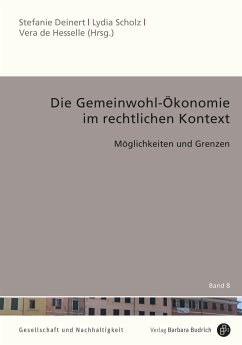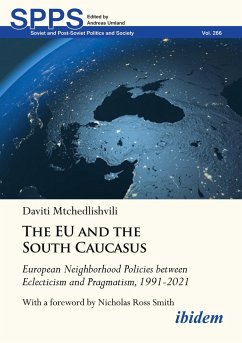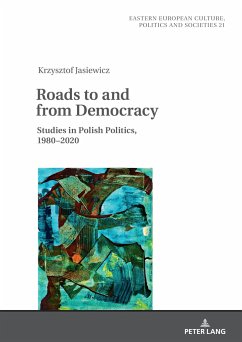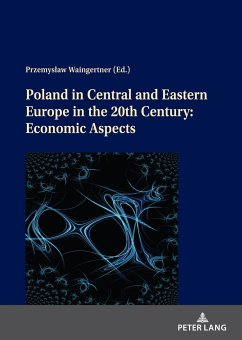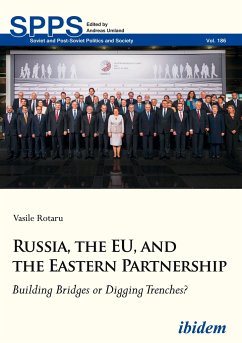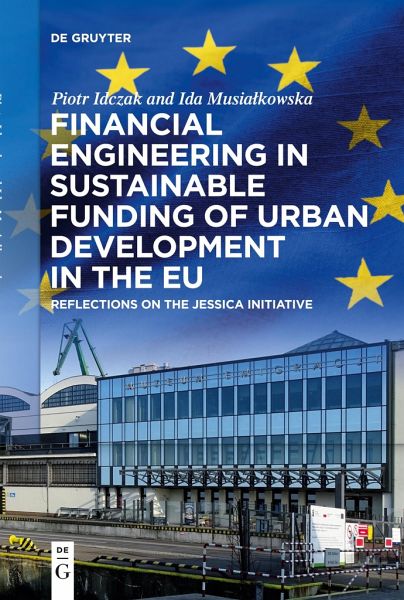
Financial Engineering in Sustainable Funding of Urban Development in the EU
Reflections on the JESSICA Initiative
Versandkostenfrei!
Versandfertig in 6-10 Tagen
15,99 €
inkl. MwSt.
Weitere Ausgaben:

PAYBACK Punkte
8 °P sammeln!
This theoretically rooted and research-based book provides insights on the JESSICA funding model which - unlike the traditional non-repayable aid - focuses on supporting sustainable urban development projects in a repayable and recyclable way. Looking through the lens of the JESSICA financial engineering mechanism used in urban transformation, it examines the functioning and performance thereof and formulates policy recommendations for the future.The aim of this volume is to contribute to a deeper understanding of the JESSICA sustainable funding model by exploring its repayable assistance mech...
This theoretically rooted and research-based book provides insights on the JESSICA funding model which - unlike the traditional non-repayable aid - focuses on supporting sustainable urban development projects in a repayable and recyclable way. Looking through the lens of the JESSICA financial engineering mechanism used in urban transformation, it examines the functioning and performance thereof and formulates policy recommendations for the future.
The aim of this volume is to contribute to a deeper understanding of the JESSICA sustainable funding model by exploring its repayable assistance mechanism to support sustainable urban development projects. The authors make several noteworthy contributions to the literature on EU cohesion policy and shed light on the use of the repayable instruments within public interventions, while providing, for the first time, a critical analysis of the JESSICA sustainable funding model from the holistic perspective which is especially relevant for supporting sustainable urban development.
Financial Engineering in Sustainable Funding of Urban Development in the EU provides policy-significant findings that are important for EU cohesion policy in the field of repayable assistance to be reinvested in the long term in urban and regional transformation.
The aim of this volume is to contribute to a deeper understanding of the JESSICA sustainable funding model by exploring its repayable assistance mechanism to support sustainable urban development projects. The authors make several noteworthy contributions to the literature on EU cohesion policy and shed light on the use of the repayable instruments within public interventions, while providing, for the first time, a critical analysis of the JESSICA sustainable funding model from the holistic perspective which is especially relevant for supporting sustainable urban development.
Financial Engineering in Sustainable Funding of Urban Development in the EU provides policy-significant findings that are important for EU cohesion policy in the field of repayable assistance to be reinvested in the long term in urban and regional transformation.





